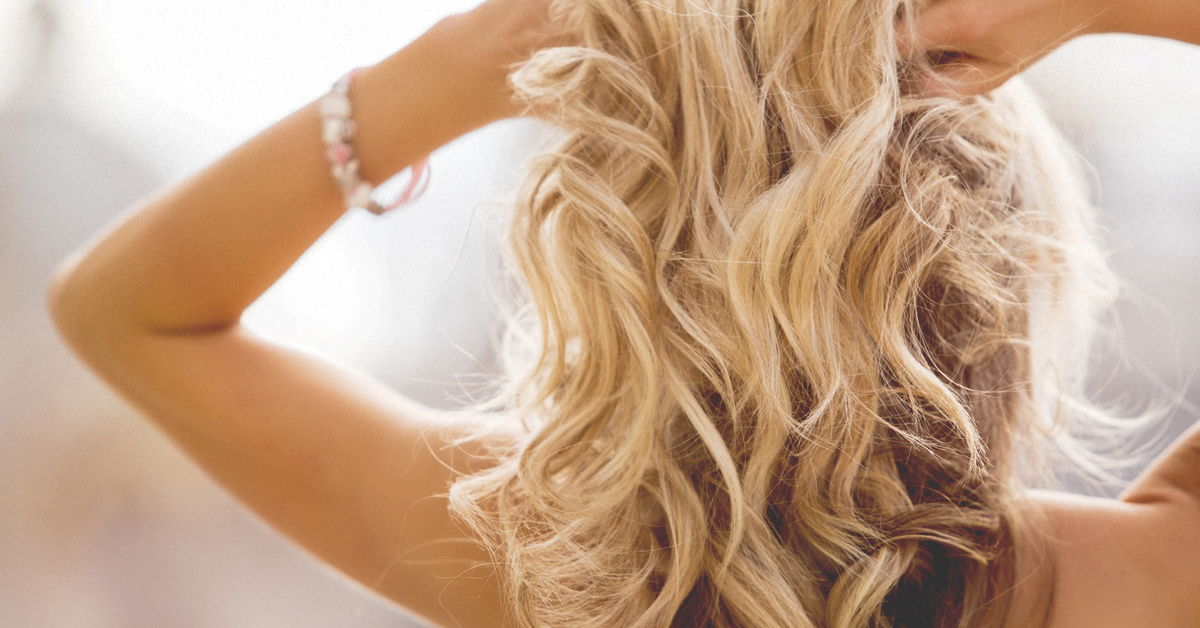There are some things that you need to put into consideration to come up with the schedule that works for you and your hair. You need to consider the growth rate of your hair (i.e., new growth), your hair texture, your level of patience with your hair, and how often you style your hair.

1. New growth
The best time to do a retouch is after at least eight weeks. That will help in avoiding the overlapping of chemicals to the previously relaxed hair. Hair typically grows about a ½ inch a month. Waiting till you have at least an inch of new growth before relaxing is a good idea to consider. This will ensure the chemical is only applied to the new growth and allow enough room for it. If you only let ¼ inch of hair grow before going ahead to relax your hair, you run the risk of damage.
2. Hair texture
Your hair texture may also dictate how often you want to relax your hair. In some cases, if your hair texture is coarse you will feel the growth within a short time.
3. Level of patience
When you have mostly relaxed your hair over an inch of new growth, styling and caring for your hair can become a challenge. Washing, conditioning, and styling will all require that you spend extra time and extra attention to avoid breaking and damaging your hair. Considerably, it’s easier to want to retouch your hair with a relaxer more often. But relaxing your hair often, less than eight weeks interval, may cause even more breakage and damage to your hair.
4. Hairstyling schedule
Your hairstyling routine is the last point you should consider when thinking about a relaxer schedule. How do you like to wear your hair daily? If you like your hair to be super straight and hanging down, you may want to stick to a rigid relaxer touch-up schedule like 6 – 8 weeks. If you are okay with big, fluffy hair and wavy roots, then you can go ahead and create a more extend relaxer schedule for your hair.

Relaxing your hair after removing a hair extension
Hair that has just been removed from extensions is usually weak and lacks in protein, so to go ahead and relax it the same day can cause an inevitable disaster. When you remove your hair from extensions, you should first detangle your hair, wash it, and then condition it with a protein deep-conditioner and wait till at least, one week before relaxing. Also, when washing your hair, ensure you wash your hair in sections or in single braids to prevent matting and tangles. Giving your hair one week after removing an extension before relaxing will also help your scalp recuperate.
Here are also some things you should know before and after relaxing your hair.
1. Relaxed hair is weaker than natural hair and therefore you should only relax your hair if it’s healthy. If your hair is already fragile, relaxing it can damage it severely.
2. Do not relax your hair immediately or too soon after you have washed it or agitate the scalp. Relax your hair at least one week after you’ve washed it. That will give your scalp enough time to generate enough natural lubricant to help to protect it during the relaxing process.
3. You should always use a hair relaxer that is gentle on your scalp and hair. Relaxers come in 3 strengths: mild, regular, and super. Understanding the texture of your hair before choosing a relaxer will help you make a suitable choice.
4. Avoid all curly hairstyles a week before relaxing and ensure your hair is straight and detangled.
6. After relaxing your hair, do not install a weave or any braids for up to 2 weeks, because your hair at this point cannot withstand the tension caused by extensions.
7. Relaxing hair usually leads to dryness, so endeavor to moisturize your hair regularly.
Conclusion
It’s always advisable to consider time more than the amount of growth when it comes to relaxing hair. Always make use of a relaxer that is gentle and will always leave your hair strong and bouncy.
Remember also, that treating your hair is necessary to maintain the protein and moisture balance. As we know, relaxers work by breaking down some of the protein bonds in our hair. If hair that is protein deficient is relaxed, it will become fragile or even damaged after the relaxer process. A fragile or damaged hair cannot withstand daily wear and tear and is susceptible to breakage. It is, therefore, necessary to prepare for relaxing by ensuring your hair is not lacking in protein. Hair should be washed and deep-conditioned with a protein conditioner a week before it is relaxed.